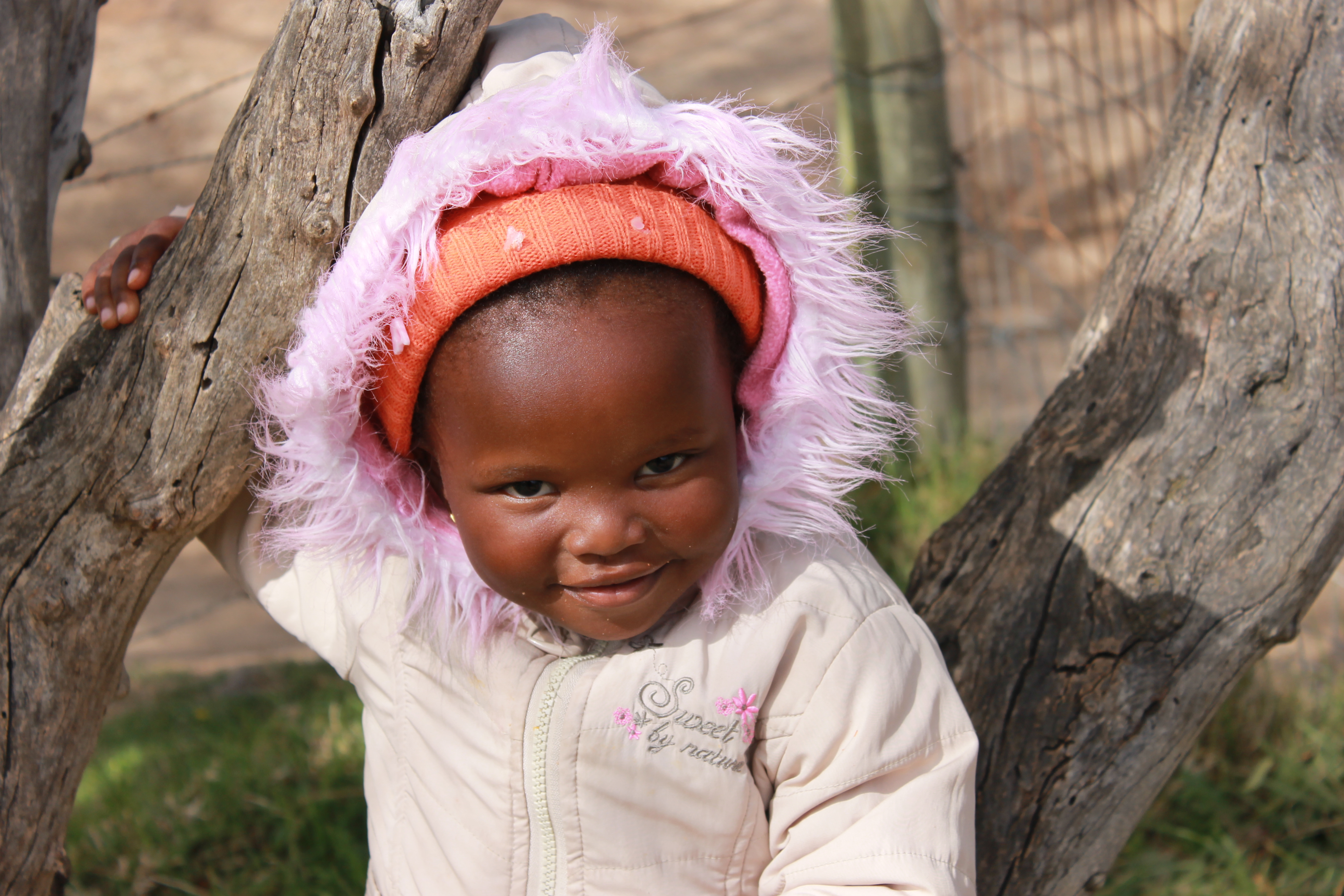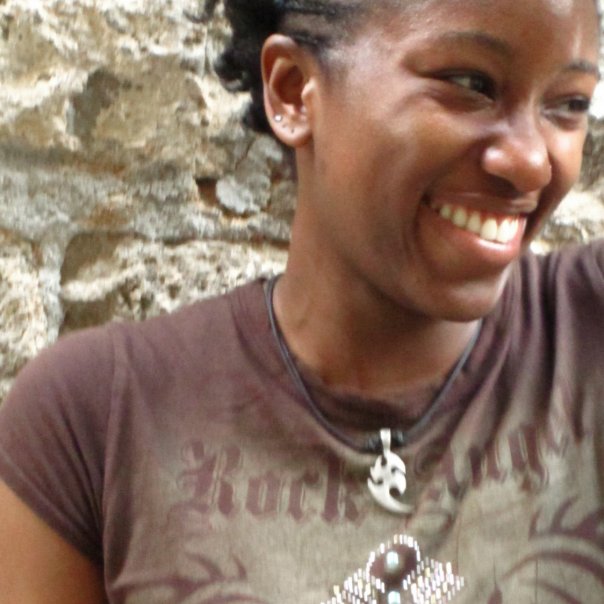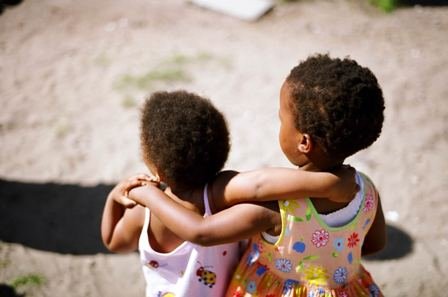I recently visited the Ibhabhathane Community Centre, the only pre-school available in Rieebeck East, a small farm village with a population of about 700 people. Needless to say, providing good quality education (much less early childhood development) is a challenge. But a small group of dedicated women are making a…
-
Africans for Africa - Blog - Creative Corner - Organizations - Philanthropy - Special Series - Videos
-
Advocacy - Africans for Africa - Afrofeminism - Announcements - Blog - Keynotes, Talks, and Presentations - LGBT Africa - My Work - Philanthropy - Special Series
Spectra Speaks on “The Power of Storytelling: LGBT History, The Media, and the African/Black Diaspora”
Are you affiliated with a college, university, or high school who's seeking speakers for the upcoming academic year? Are you a conference in search of an inspirational keynote speaker? A loyal reader of my blog? :) Check out my latest talk, "The Power of Storytelling: LGBT Rights, the Media, and…
-
It Takes a Village: Fikelela Shelter for Orphans with HIV/AIDS Fosters Community Advocacy
"It takes a village to raise a child" comes to mind when I reflect on my visit. Inspired by a woman's wish to build homes for children orphaned by their mothers dying of HIV/AIDS (and who most likely would end up HIV+ themselves), I expected a hospice when I arrived.…
-
Africans for Africa Project Update: Outreach Means Outside of Your Comfort Zone
#AfricansforAfrica Update: I’m realizing that many of the non-profits I’m visiting are in some very remote areas and it’s going to take more $$ than I imagined to get to them. It’s funny, no matter how much you plan and budget, you can never anticipate the true cost of living…
Online rulet oyunları gerçek zamanlı oynanır ve online slot casino bu deneyimi canlı yayınlarla destekler.
İnternet üzerinden eğlence bahsegel giriş arayanlar için deneyimi vazgeçilmezdir.
Kullanıcıların hesaplarına hızlı ve sorunsuz bettilt ulaşabilmesi için adresi her zaman güncel tutuluyor.



